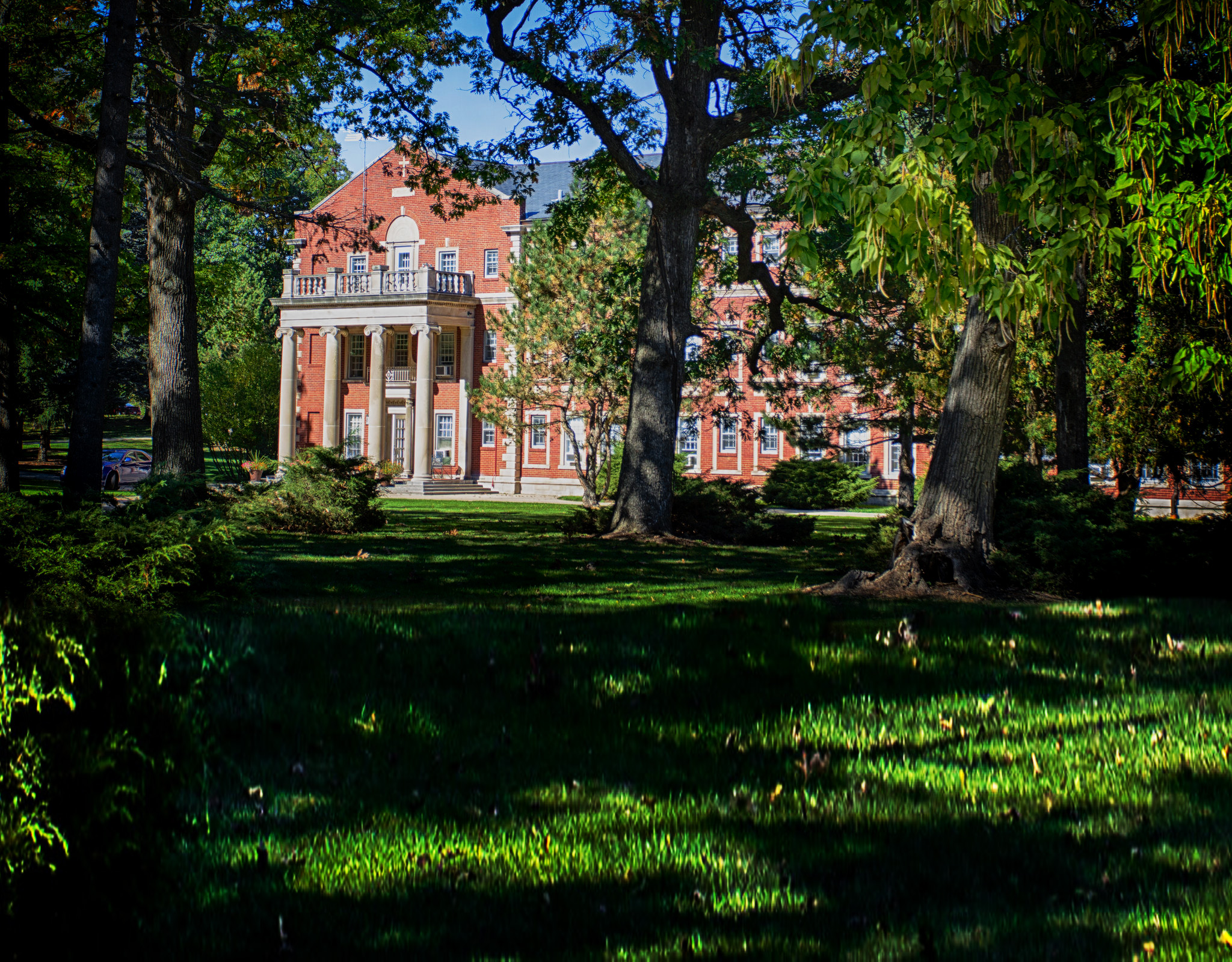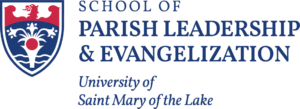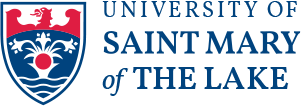

Master of Arts in Liturgical Studies (MALS)
This degree program is designed for those who plan to work at parish, diocesan, or secondary education levels. The MALS program is comprised exclusively of courses offered through the Liturgical Institute and covers the theoretical and practical aspects of the sacred liturgy in significant detail. It is considered an “academic” degree and requires a reading knowledge of Latin and one modern foreign language as well as the ability to write an academic thesis. successful completion of the MALS opens the possibility of further studies at the PhD level. It may be completed online over two academic years, on campus over five summers, or on a part-time basis.
Learning Outcomes
Students earning the MA in Liturgical Studies will be able:
- to demonstrate advanced familiarity with Catholic teaching on the sacred liturgy, especially in articulating
- how the central elements of Catholic teaching and practice (lex credendi) are rooted in and related to the liturgical and sacramental traditions of the Church (lex orandi)
- an understanding of the development and diversity of the Church’s liturgical history and tradition through a close reading and interpretation of the primary literary sources for liturgiology
- an integrated understanding of the canonical, pastoral, theological, historical, and spiritual dimensions underlying the current rites of the Catholic Church
- the value of approaching liturgical studies from a sacramental perspective
- to advance the renewal of the sacred liturgy by fostering authentic liturgical participation and formation rooted in the ideals of the twentieth-century liturgical movement, the documents of the Second Vatican Council, the writings of recent popes, and the achievements of the post-Vatican II era.
- to demonstrate an appreciation for the musical, artistic, ritual, and architectural dimensions of worship and how liturgical beauty contributes to the goals of the New Evangelization.
- to demonstrate the ability to conduct research in the academic field of liturgy.
Prerequisites
1. A bachelor’s degree.
2. At least 18 hours of course work in theology, philosophy or religious studies. Provisional acceptance may be granted upon request for applicants without these prerequisites.
3. Language competency in Latin and one modern research language must be completed before the end of the first semester of study.
4. Official transcripts from all undergraduate and graduate programs attended.
5. Three letters of recommendation: from a pastor or religious superior; from a professor or academic instructor, preferably in theology or a related field; from an employer or supervisor in ministry.
6. A personal statement explaining the applicant’s interest in the program and professional or ministerial goals.
7. Students for whom English is a second language must demonstrate ability for research and writing in English. A minimum TOEFL score of 550 is required for admission.
Master of Arts in Liturgical Studies (MALS)
For More Information, Contact:
Course Requirements
The Master of Arts in Liturgy can be completed in one of three ways:
- online full-time during four consecutive semesters in two academic years;
- on campus over five consecutive summers; years;
- on a part-time basis.
The six-week summer session consists of two consecutive units of three weeks each. Four courses will be completed in that time.
Students complete written and oral comprehensive examinations and write an academic thesis.
Coursework
Academic Year/Online
| Sacraments of Initiation | Liturgical Year and Liturgy of the Hours | Art, Architecture and Aesthetics | Ritual, Symbol & Music |
| Sacraments of Healing | Sacramentals, Blessings, Devotions | Sources, Principles and Methods | Liturgical Preparation and Training |
| Sacraments of Vocation | Liturgical Traditions East and West | Word of God and Liturgy | Thesis Guidance |
| Eucharist: Origins, Structure and Controversies | Liturgical Documentation and Law | The Liturgical Movement | Thesis Writing |
Summers Only
| Christian Initiation | Sacramentals, Blessings, Devotions | Sacramental Aesthetics | Word of God and Liturgy | Thesis Guidance |
| Reconciliation, Anointing, Death | Liturgical Traditions East and West | Principles of Sacramental Theology | The Liturgical Movement | Thesis Writing |
| Matrimony and Orders | Liturgical Documentation and Law | Ritual, Symbol and Worship | Liturgy and Cultural Adaptation | |
| Eucharist: Origins and Structure | Liturgical Art and Architecture | Music and Worship | Liturgical Participation | |
| Liturgical Year and Liturgy of the Hours | Sources and Methods in Liturgiology | Eucharist: Theological Issues | Liturgical Preparation and Training |
